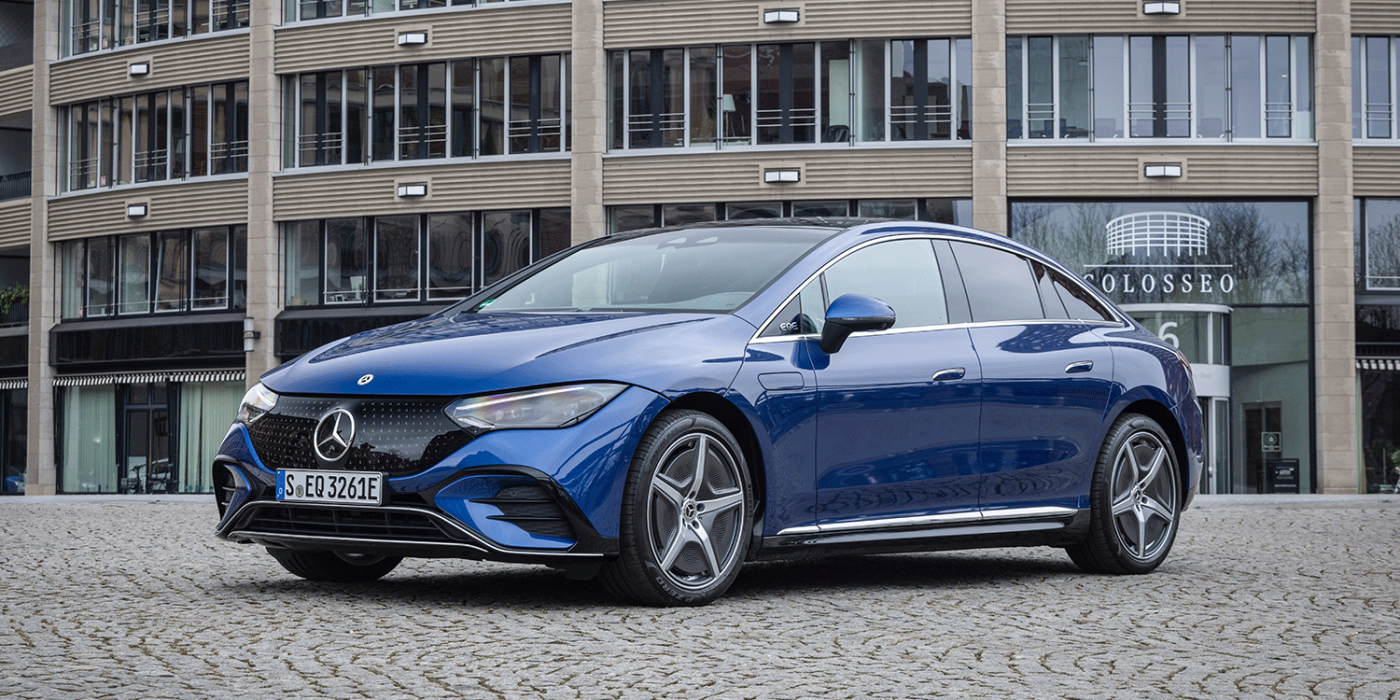Mercedes electric sales down 22 per cent
The 204,600 BEVs at Mercedes-Benz Group level represent a 22 per cent decrease compared to 2023. There was also a 24 per cent drop in the fourth quarter compared to the same period in 2023 – to 56,100 electric vehicles. The Mercedes-Benz Group comprises the Mercedes-Benz Cars and Mercedes-Benz Vans divisions.
The Passenger Cars division accounts for most of the electric sales with 185,100 BEVs. The year-on-year decline here is 23 per cent; in 2023, Mercedes still sold 222,600 electric cars, which still corresponded to a respectable growth rate of 73 per cent. In the fourth quarter, BEV sales fell by 26 per cent to 49,200 vehicles. Nevertheless, compared to the third quarter of 2024, this is an increase of 16 per cent. And the 49,200 electric cars were the best quarter of the year – although every quarter in 2023 was still above 50,000 units.
Both in Q4 and for the year as a whole, Mercedes’ share of electric cars is at a comparable level of 9.5 and 9.3 per cent, respectively. In 2023, it was still eleven per cent.
Across all drive types, the Stuttgart-based passenger car division sold 1.98 million cars, a decrease of three per cent. In terms of individual markets, Mercedes only reports sales for all drive types, not for electric cars separately. In Europe and China, sales fell by three and seven per cent, respectively, while Mercedes grew in North America (+8%) and the rest of the world (+4%). In the segments, sales only increased in the ‘core’ area (+6%), i.e. for all derivatives of the C-Class and E-Class, including the EQC, EQE and EQE SUV. In the top-end (Mercedes-AMG, Mercedes-Maybach, G-Class, S-Class, GLS, EQS and EQS SUV) and entry (all A-Class and B-Class derivatives including EQA, EQB and Smart) segments, sales fell by 14 per cent in each case.
Mercedes does not provide figures for the individual models in the press release – among the electric models, only the electric G-Class is mentioned in one sentence: “The G-Class achieved its best-ever sales quarter after new model launches in 2024, including the all-new electric G-Class.” However, there are no details on sales. Instead, only the general statement: “Slower EV adoption in core markets led to lower battery electric vehicle sales in 2024.” Plug-in hybrids increased by 13 per cent.
In any case, Mercedes seems to be looking ahead to 2025 when it comes to electric cars – with the upcoming premiere of the new CLA and the MMA platform. “In 2024, Mercedes-Benz once again demonstrated the power of our brand and the depth of our broad product offering. This culminated in strong sales of our Top-End and Core vehicles in the fourth quarter” says Mercedes CEO Ola Källenius. “We continue to consistently strengthen our portfolio with the biggest product offensive in our company’s history starting this year with the all-new CLA.”
That leaves a look at the vans: the vans contributed 405,600 vehicles to Group sales in the year as a whole (-9%), of which 19,500 units were purely electrically powered. However, with a decline of 14 per cent, electric vans lost more than the total sales of Mercedes-Benz Vans. The share of electric vehicles in the division was 4.8 per cent.





0 Comments